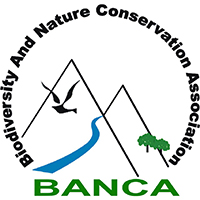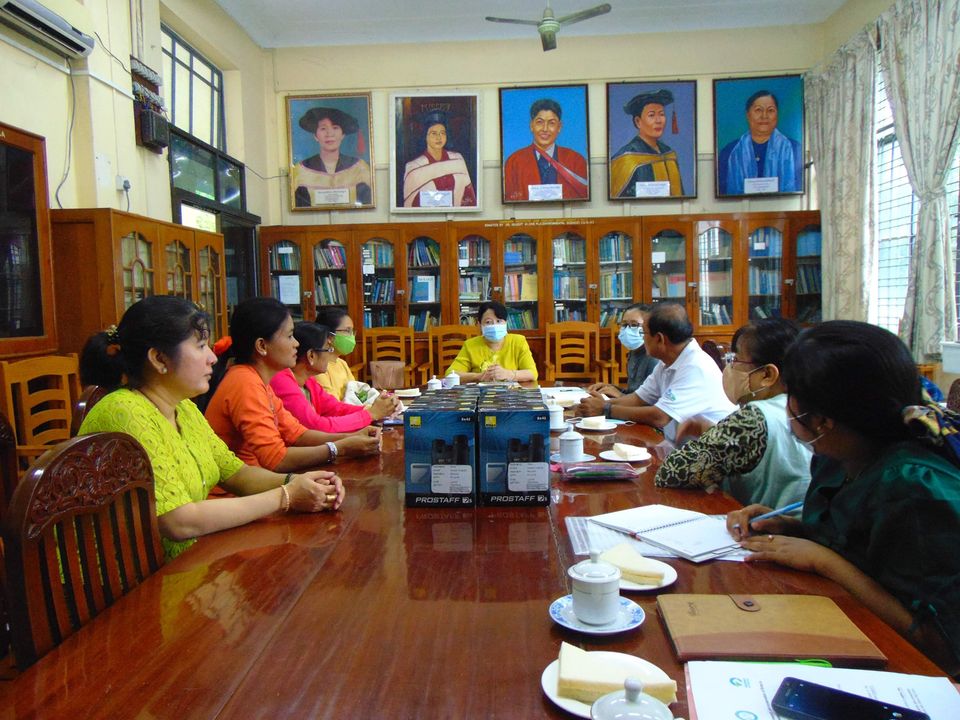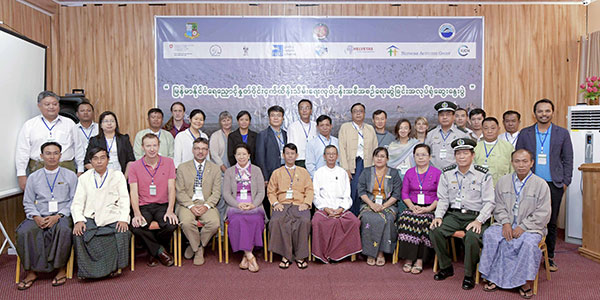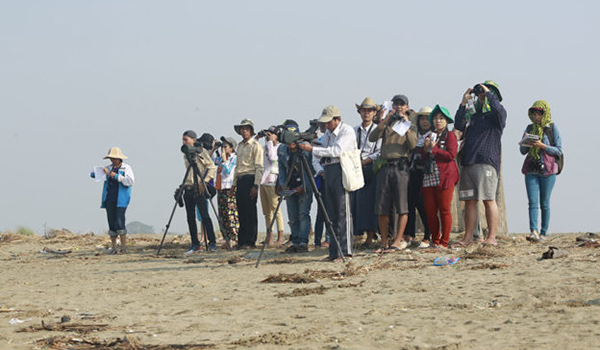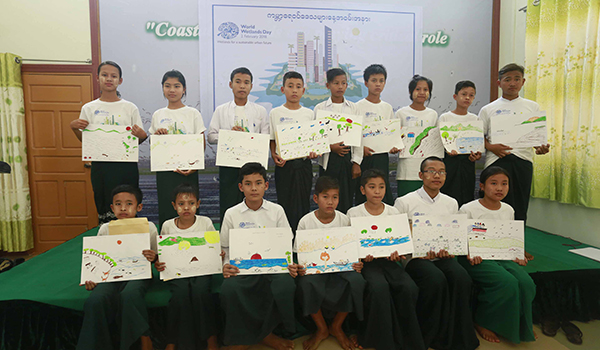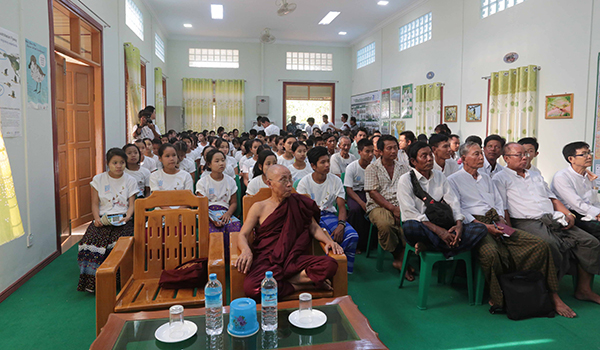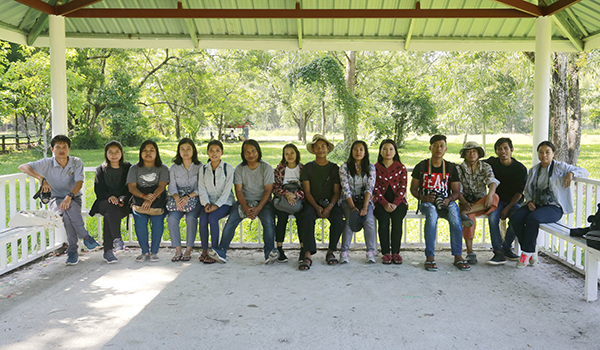Latest Articles
About Biodiversity And Nature Conservation Association (BANCA)
Biodiversity and Nature Conservation Association (BANCA) is a non-profit, non-political, nonreligious and an environmental NGO in Myanmar. Although BANCA was officially recognized by the Ministry of Home Affairs, Union of Myanmar on 18 June 2004, BANCA has been active since 2002. The backbone of BANCA is its competent ornithologists along with botanists, foresters, zoologists, social scientists, mammalogists, geologists, environmental scientists, marine biologists and herpetologists among others.
How do we work?
Since its establishment in 2004, BANCA has been in close collaboration with international organizations like BirdLife International Indo-China Program, BirdLife International Asia Program (BLI), Royal Society for the Protection of Birds, UK (RSPB), Instuito Oikos (Italy), Flora and Fauna International (FFI), Arcona Consulting, BBC Wildlife Funds, Darwin Initiative, Wildfowl and Wetland Trust (WWT), World Wildlife Fund (WWF), United Nations Development Program (UNDP), Wildlife Conservation Society (WCS) and Swiss Agency for Development and Cooperation (SDC), World Animal Protection, California Davis University, International Conservation Fund of Canada (ICFC), Ramsar Center Japan (RCJ), Norway Environmental Agency, Ministry of Environment Japan, International Union for Conservation of Nature (IUCN) and Oriental Bird Club (OBC). BANCA also works with Government Ministries, like Ministry of Natural Resources and En vironmental Conservation (MONREC), Ministry of Agriculture, Livestock and Irrigation (MOALI). Myanmar, Ministry of Education. BANCA is also looking forward to seeing more close collaboration with other international scientific organizations and local environmental NGOs
Help us save endangered species
Support our Red List Appeal and help us continue to identify which birds most need our help.
